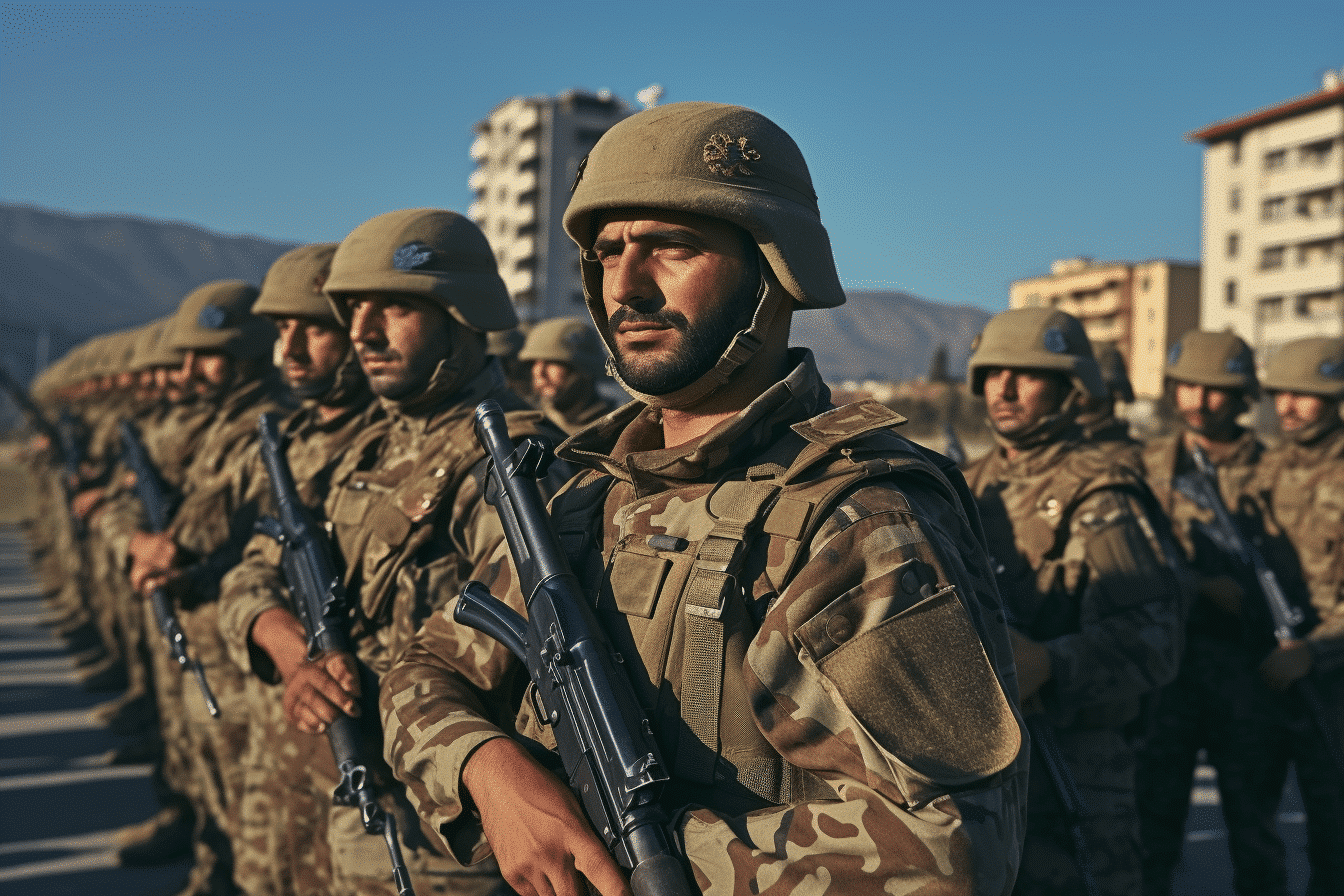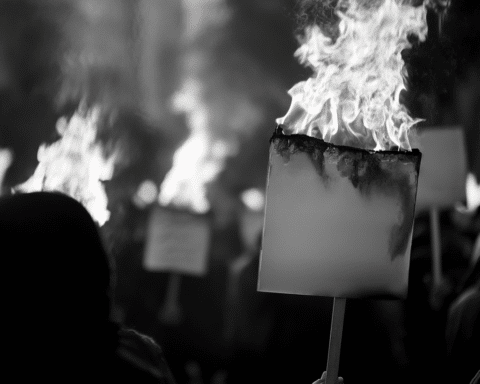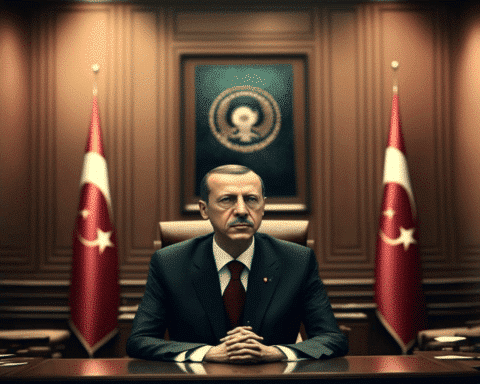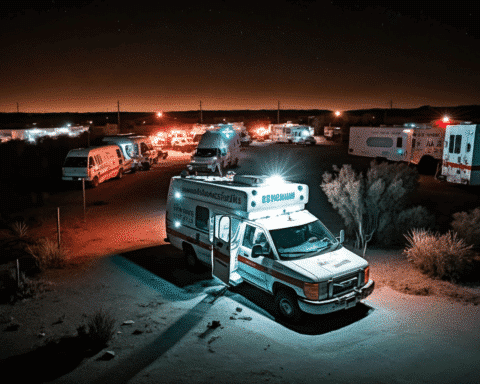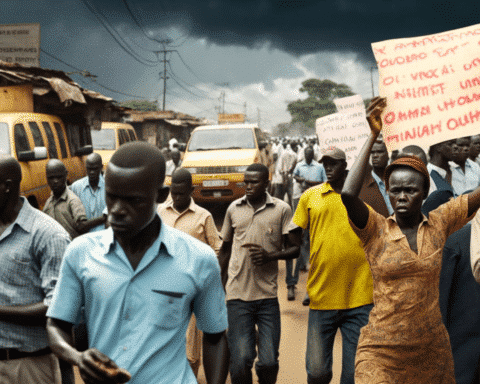Azerbaijan declared that it had successfully regained full sovereignty over the separatist Nagorno-Karabakh region. This development came as Armenian local defence forces in the region agreed to disarm, ending the most recent skirmish in a longstanding conflict that dates back to the early 1990s.
Nagorno-Karabakh’s ethnic Armenian leadership, who have been governing the region without international recognition, announced a Russia-brokered cease-fire, stating that local self-defence units would disarm and dissolve. They also revealed that talks with the government in Baku on reintegrating Nagorno-Karabakh into Azerbaijan would commence on Thursday.
In a national broadcast, Azerbaijani President Ilham Aliyev hailed the accomplishment, asserting that Azerbaijan had successfully “completed all set objectives in a single day” and “reclaimed its sovereignty.”
Armenian forces, already struggling due to a blockade of the region located in the southern Caucasus Mountains, were further overwhelmed by Azerbaijani artillery and drone strikes. The area is internationally recognized as part of Azerbaijan.
According to Nagorno-Karabakh’s human rights advocate, Gegham Stepanyan, the fighting resulted in at least 200 deaths, including 10 civilians, and over 400 injuries. Stepanyan noted that children were among the casualties, although these figures have yet to be independently confirmed.
The violence exacerbated an already dire humanitarian situation, marked by shortages of food and medicine, as a result of Azerbaijan’s blockade. Thousands sought refuge in camps operated by Russian peacekeepers, while others gathered at the Stepanakert airport, seeking to evacuate.
Armenian Prime Minister Nikol Pashinyan confirmed that hostilities had declined after the cease-fire. He added that the safety of Nagorno-Karabakh’s residents now lay entirely in the hands of Russian peacekeepers.
Protests erupted for a second consecutive day in Yerevan, Armenia’s capital, where demonstrators demanded stronger actions to protect Armenians in Nagorno-Karabakh.
International Response:
The U.S. expressed deep concerns over Azerbaijan’s military engagement, emphasizing that the use of force was “unacceptable.” The U.N. Security Council has scheduled an emergency meeting to discuss the situation, following a request from France.
Long-Term Implications:
This latest shift has fueled concerns about a potential escalation of hostilities between Azerbaijan and Armenia, which have disputed control over Nagorno-Karabakh since a separatist war ended in 1994.
Regional Involvement:
Russia and Turkey have also been key players in this protracted conflict. While Russia brokered the cease-fire, Turkey has openly supported Azerbaijan, its longstanding ally.
Moving Forward:
As both sides prepare for negotiations, international leaders urge respect for the cease-fire and the rights of the ethnic Armenian population in Nagorno-Karabakh. Meanwhile, the recent developments underscore the delicate balance of power in the region and the need for a lasting resolution to the conflict.
The recent turn of events in Nagorno-Karabakh is a pivotal moment in a conflict that has spanned decades, affecting countless lives and drawing in regional powers like Russia and Turkey. As both sides prepare for a new round of talks, the international community watches closely, hoping for a lasting peace that respects the rights and security of all residents in the region. While the cease-fire offers a temporary reprieve, the enduring solution remains elusive, making the upcoming negotiations critical for the stability of Nagorno-Karabakh and, by extension, the Caucasus region.
